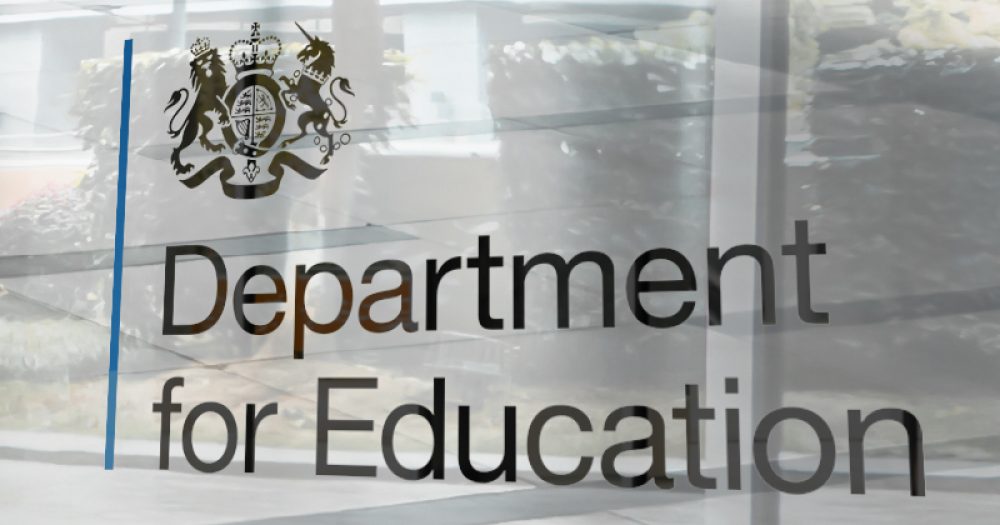The government has opened its consultation on new national minimum standards for residential accommodation for 16- to 18-year-olds in the FE sector.
It has gone live on gov.uk today and will close on January 26.
“The standards were last revised in 2002, and much has changed in the FE sector since then,” said a Department for Education spokesperson.
“They are also too long, detailed and prescriptive by today’s standards.
“By revising and updating the standards we aim to make it easier both for FE institutions and for Ofsted to provide protection and reassurance for students and their guardians.”
A draft set of national minimum standards have been unveiled with the consultation.
The new rules are clearer on how providers should liase with local authorities and other key public bodies than those from 2002.
There must be “an effective working relationship between the college and local services, including local authority children’s or adult services and the police, especially whenever suspicion or allegations of abuse have occurred”.
A senior member of staff must also take responsibility for student safeguarding policy, to “liaise with the children’s or adult services (depending upon the age of the student), the designated officers within the local authority, and to coordinate action with these services, and where applicable liaise with the police following any allegation or suspicion of abuse or significant harm affecting a student”.
Hereward College, a general FE college which caters for day and residential learners with complex disabilities and learning difficulties, received a damning grade four-overall Ofsted report last November, which raised serious concerns about safeguarding in particular.
The report condemned the governors, leaders and managers for refusing to accept the findings of an investigation by the local authority into an incident.
“There have been a number of alleged incidents of peer-on-peer abuse in the college’s day and residential provision. One or more of the alleged incidents remains under investigation by another agency,” it said.
A former student at the college was subsequently found guilty of raping another learner at the campus, something the college said it was “deeply saddened” by.
In the section on staff recruitment and checks on other adults, the proposed new national minimum standards stress that anyone visiting residences must be “kept under sufficient staff supervision to prevent them gaining substantial unsupervised access to residential students or their accommodation”.
A college must have and follow “an appropriate policy on recording and responding” to complaints, and students must be aware of how to make a complaint.
A new government-commissioned report has further warned of a “striking level of mistrust” between residential special colleges and schools and councils.
The report, ‘Good intentions, good enough?’, was commissioned by the Department for Education and written by Dame Christine Lenehan (pictured), director of the Council for Disabled Children, and Mark Geraghty, principal and chief executive of the Seashell Trust charity.
The combination of financial pressure on town halls and rising numbers of learners with high needs, coupled with a feeling among these colleges and schools that pupils are only referred “at crisis point” were said to be contributing to issues on both sides, and their charges are being caught in the middle.
Justine Greening, the education secretary, has already taken up one of the report’s recommendations, agreeing to set up a new “national leadership board for children and young people with high needs”.
The new board will work with councils, health bodies and providers to support collaboration, the report says.








Your thoughts